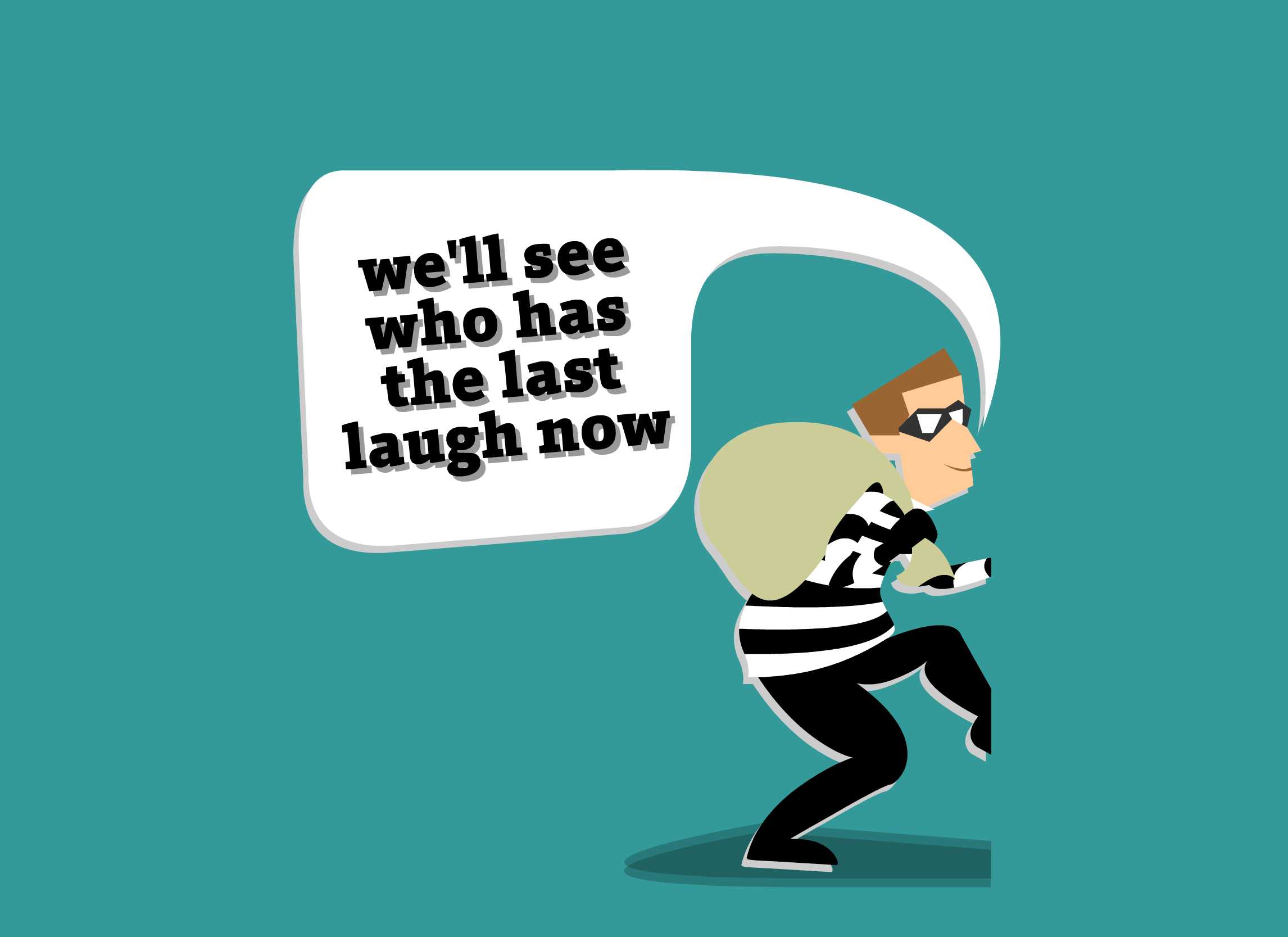Joke theft on Twitter isn’t a laughing matter


Twitter is this wonderfully horrible hell-of-a-website where the delineations between being famous and anonymous do not matter at all.
Through virtue of posting funny, witty, or just downright bizarre content, any user can build a brand and rise to the highest echelons of “weird twitter” and equate something close to fame.
In this odd space where everyone has the same chances to go viral and all content is free, how do we factor in the action of plagiarism and content theft?
With a system like Twitter where, according to their own policy, you can only report content pertaining to “sensitive material” and “abuse” – and anybody who has tried to do this will tell you how helpful this is – what do we do with accounts that claim other people’s content in the lawless hell-scape that is Twitter?
I ask because an account I have followed for some time has been exposed as a serial content thief and, since this revelation has been made, nothing has been done in the slightest to mitigate it.
It might seem petty and incredulous to care this much about what, to many, would seem like a typical example of “Twitter Drama”. But the implications of this incident are much more nuanced than that.
The popular “weird twitter persona” @spookperson made a name for themselves with their Goth-culture cynicism, irreverent jaded humour and critical meme responses to politics and culture.
tfw u wanna get paid to write original content pic.twitter.com/xKl1HHzXLp
— Nick Neutrality (@OneTrickTofani) October 13, 2017
Not long ago independent artist @OneTrickTofani uncovered a storied history of this account lifting content from less popular users and slightly altering it to pass it off as their own in a textbook case of indisputable plagiarism.
And, oddly enough, this amounted to little in terms of preventative action. Though the evidence was damming, the worst that came of it was @spookperson lost a couple of their 53 thousand followers and Twitter remained a deeply flawed platform.
It might seem petty and incredulous to care this much about what, to many, would seem like a typical example of “Twitter Drama”. But the implications of this incident are much more nuanced than that.
Content theft is currently a problem Twitter does not have a suitable answer for. Although quality tweets can only earn you likes, retweets and followers, there are many instances of people using social media to propel their careers forward through writing opportunities, sharing art, or what have you.
When an account like @spookperson repurposes content as their own, it robs those smaller accounts of the sweat on their brow that they are entitled to because some larger account who doesn’t need it gets the credit. For many, social media is how you build a brand and connect with new opportunities.
For others, being weird or funny online is the sole facet of their personal enterprise. Yes, they post it for free and broadcast into the abyss that is the Twitter-verse. But, regardless, authorship matters even in a space like Twitter.
@spookperson is not the only offender unceremoniously lifting other peoples handles off tweets and pasting their own in its place to enjoy another day in the viral spotlight.
Meme pages and the like make a cottage industry out of passing off other people’s work as their own and websites like twitter still have no answer for this.
It may seem asinine to discuss authorship when it comes to 280 characters of text, but this case shows what even the most popular accounts can get away with no repercussions, and something about that is just wrong.


